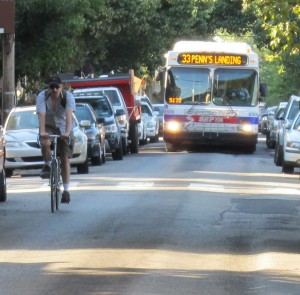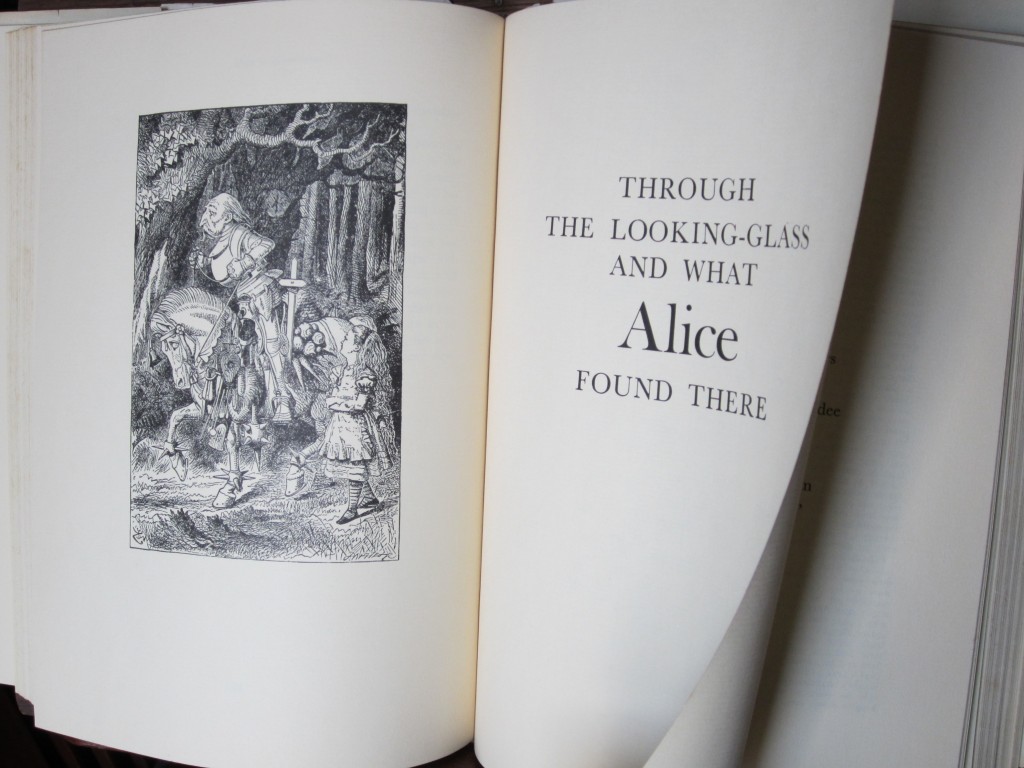
One day I was riding the bus back home from Center City. We had pulled over at a stop to let some passengers on, and it was taking much longer than usual. Curious, I looked out the window and saw that a couple of people were trying to help a woman onto the bus.
When the woman boarded, wearing dark glasses and carrying a white cane, I understood the delay. She sat down up front, and the woman following her sat down next to me.
“We’ve got to look out for one another,” she told me. It seemed the driver hadn’t noticed the blind woman, so this woman and her husband had intervened.
Let me pause to interject an important contextual note. The blind woman was white. The woman sitting next to me was Black. I’m white. None of which should matter, except that in a society still divided along lines of race, it does.
“We all come from one Creator you know,” she continued. “Some people think God’s a man, some people think God’s a woman.” She waved her hand as if to dismiss such a trivial question, her enormous bling ring catching the light. “Doesn’t matter.”
Then she laughed, her face beaming. “Or maybe we’re all descended from the apes.” From the same apes, that is.
“We’re all in the same boat,” I replied, offering up my feeble cliche and marveling at the incredible encounters one can have on public transportation.
“That’s right,” she said.
Then she started telling me a story. She ran into a woman once who had gone through some terrible struggles. She was down on her luck with no place to go and no money. My bus companion had only forty dollars herself, but she took out twenty and gave it to the woman.
Later on that day, something drew her attention to a listing of winning lottery numbers. She noticed one that she was sure she had played recently. She went fishing for her ticket and sure enough, she’d won $250. She was certain she never would have discovered it if she hadn’t given the twenty away.
“I always tell my friends, ‘Now I’m not sayin’ you should go out and play the lottery!'” She laughed again. “It’s not like that. God does something different every time.”
As we spoke, I remembered the story about Jesus wanting to feed a hungry crowd out in the middle of nowhere and asking the disciples how much food they had. Five loaves of bread and two fish. Enough for the thirteen of them and their inner circle of friends to have a meager meal, but nowhere near enough for a crowd of thousands.
Jesus seemed completely immune to their scarcity mentality. He took the bread, blessed it, broke it, shared it. His trust, expressed through that act of generosity, unleashed their collective abundance. The hungry masses were fed.
Some people look at that story as a demonstration of Jesus’ greatness as a miracle worker, but I see it differently. For one thing, I don’t believe Jesus was at all interested in demonstrating his greatness. If he had he would have been a charlatan, not a spiritual teacher. Instead, what I think this “feeding of the multitude” is about is Jesus embodying a teaching: this is how it’s done. When the crowds are hungry and it seems there’s not enough to go around, that’s precisely when you truly need to bless, to share.
Our instinctual inclination—especially in the midst of bleak economic circumstances—is to contract our circle of concern, curse the hungry masses and hang onto whatever we might have. Lean times can make for mean times.
Or, they can make for the most miraculous times imaginable—when acts of selfless generosity turn the whole scarcity storyline on its head.
It wasn’t long before the bus reached the stop where my dharma teacher and her husband were getting off. We wished each other well as we parted ways. But her teaching hasn’t left me: we’ve got to look out for one another.




